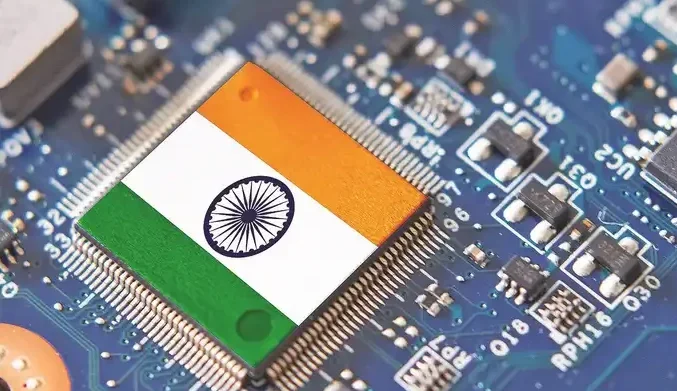In India’s ever-evolving healthcare landscape, a quiet revolution is brewing, not in hospitals or clinics, but in pharmaceutical labs. The weight loss drug market, once niche and underdeveloped, has ballooned fourfold in the last five years to reach ₹576 crore, up from ₹133 crore in 2021. And that’s just the beginning.
As patents on blockbuster drugs like Wegovy and Ozempic approach expire in 2026, Indian pharma giants, including Dr Reddy’s, Zydus Lifesciences, and MSN Laboratories, are making calculated moves to claim their slice of this lucrative pie.
Weight Loss Drug: India’s Pharma Powerhouses are Gearing Up
Behind the headlines of weight loss and wellness lies a fierce industrial race. Hyderabad-based MSN Labs has already begun building specialized production facilities for semaglutide, the key molecule behind this new class of anti-obesity drugs. Meanwhile, Zydus is investing over ₹100 crore in a dedicated unit to manufacture these therapies using proprietary, cost-effective technology distinct from the original formulations developed by Denmark’s Novo Nordisk.
Dr Reddy’s Laboratories, a veteran generic player in the global market, is ahead of the pack by some distance. The company has been working on its skill set in this area for more than a decade, according to reports.
Now, with an ambition to target India as well as major international markets such as Canada and Brazil, Dr Reddy’s is well on its way to becoming a future global supplier of semaglutide-based treatments.
The Drugs Fueling the Frenzy: Wegovy, Ozempic, Rybelsus
This market shift is primarily anchored around semaglutide, the active ingredient in Wegovy (for weight loss), Ozempic (for type 2 diabetes), and Rybelsus (oral version). These drugs have redefined expectations in obesity management, moving the needle from lifestyle changes to pharmaceutical intervention.
In 2024 alone, global sales of Wegovy surpassed $8.4 billion, while Ozempic raked in over $17 billion. These staggering figures have motivated Indian manufacturers to build parallel supply chains ahead of the 2026 patent cliff.
Why India? Timing, Talent, and Tariffs
India’s competitive edge isn’t just low production costs—it’s strategic timing. Amid global supply chain realignments, especially between the U.S. and China, India is increasingly seen as a reliable manufacturing hub. Experts argue that this realignment gives Indian pharma firms a once-in-a-generation opportunity to emerge as global leaders in both bulk drug production and finished formulations.
Beyond Pills: The Market’s Hidden Layers
It’s important to note that the ₹576 crore figure, while impressive, may be an understatement. As demand surges for imported weight loss injectables and tablets, actual market consumption could be significantly higher. Analysts suggest that when accounting for off-label use and medical tourism, the total addressable market may be well beyond the current estimates.
In addition, with India’s emerging middle class, increasing weight problems, and increasing health consciousness, the customer base is becoming mature too. Urban clinics are already witnessing rising demand for sophisticated weight loss treatments, particularly among working professionals and metabolic patients.
Obesity In India
Based on National Family Health Surveys (NFHS-3, NFHS-4, NFHS-5) and WHO rise of obesity in India is consistent,
- In 2005: 9.3% men, 13.2% women
- In 2015: 18.6% men, 20.7% women
- In 2021: 22.9% men, 24.0% women

This trend highlights a significant and growing public health concern in both urban and rural populations.
What’s Next?
While Zydus, Dr Reddy’s, and MSN are at the forefront, others such as Sun Pharma, Biocon, Cipla, and Natco are developing strategies of their own. The war for scale, differentiation, and international partnerships is just heating up.
For patients, the entry of generics after 2026 may significantly lower costs, making these cutting-edge therapies more accessible to millions.
But for pharma firms, the coming 18 months are a decisive window-one where technology, licensing, and market access investments will decide who controls the next big pharma boom.
A Market Worth the Weight
India’s weight loss drug sector isn’t just about slimmer waistlines, it’s about the swelling ambition of a pharma industry ready to reshape global supply chains. As generics edge closer to the market, and companies pour crores into semaglutide capabilities, this once-silent segment may soon roar as one of India’s biggest export success stories.
And this time, it’s not just about treating diseases, it’s about transforming lifestyles.
Also Read: Why Spot Fat Reduction is a Myth
























